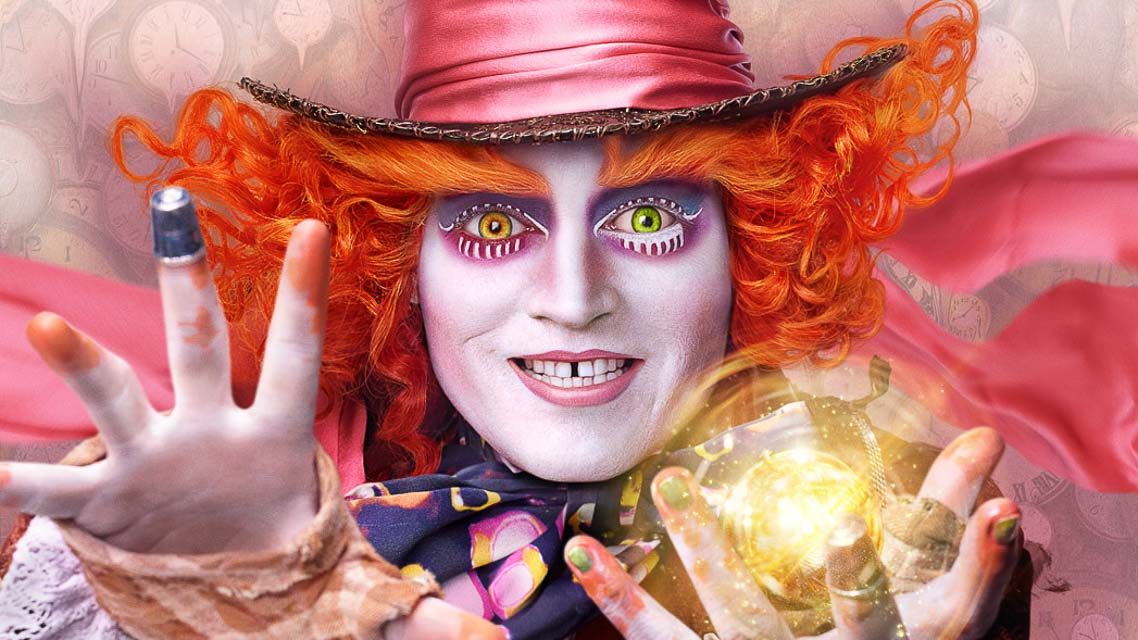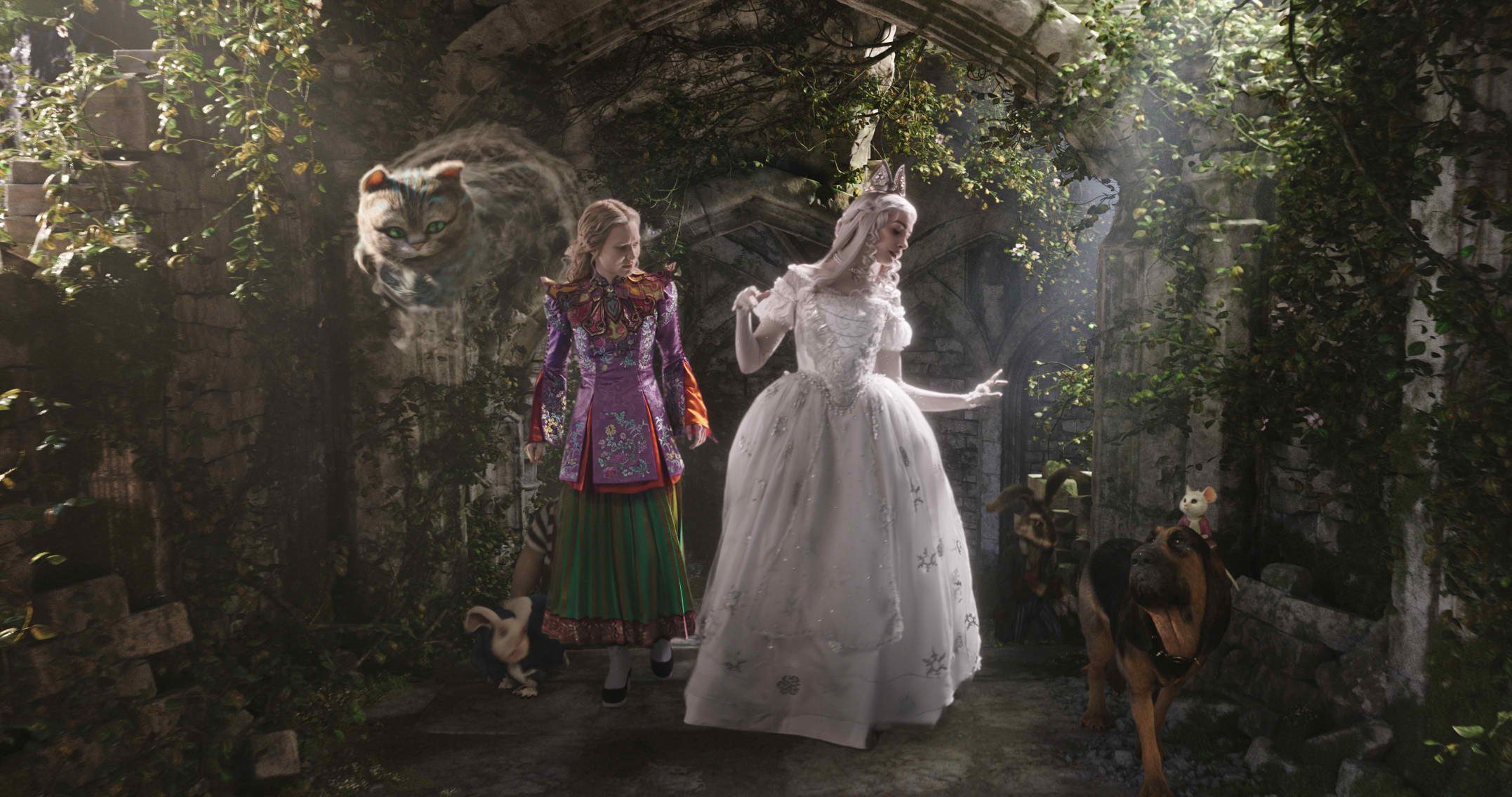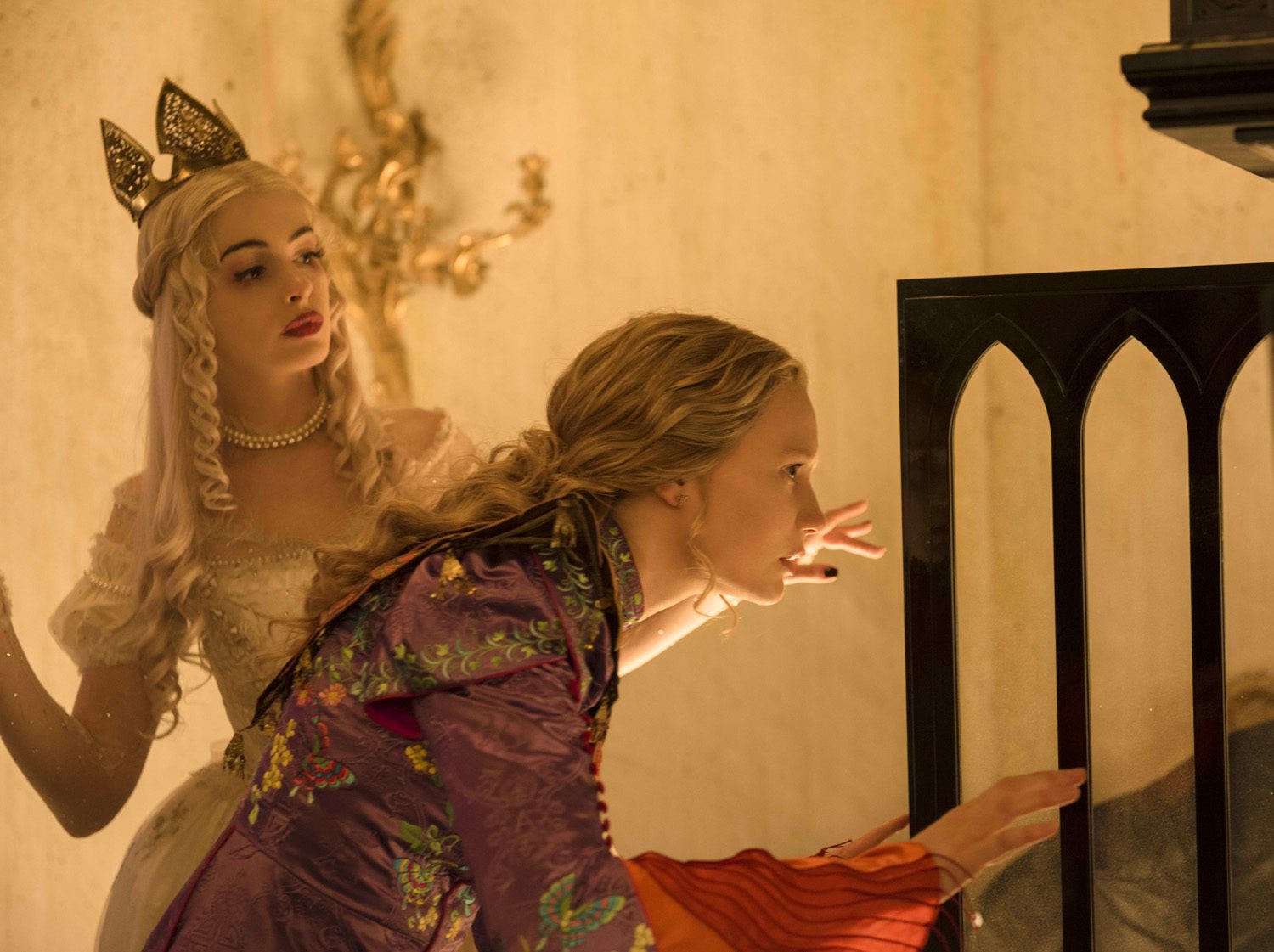SUMMARY
This is AI generated summarization, which may have errors. For context, always refer to the full article.

James Bobin’s Alice Through the Looking Glass is a lot more sober than Tim Burton’s Alice in Wonderland (2010).
That isn’t exactly a good thing.

Digital eyesores

Alice (Mia Wasikowska), after traveling the world aboard her father’s ship, feels and looks a bit more mature, even though the decisions she makes in the film prove that she remains reckless and unwise.
Her beloved Hatter (Johnny Depp), after learning that his family may still be alive, has turned into a somber recluse. Her Underland friends, left to themselves without the Hatter’s zany antics, have surrendered to spending their afternoons in utter boredom.
It almost felt like Bobin’s take will be all about characters managing their individual crises rather than just another plunge at force-feeding audience with theme park-level wonders. However, the film doesn’t really do anything other than to treat its characters’ put-on complexities as a starting point into a repetition of the gratuitous mix of digital eye candy and eyesores we saw in its predecessor.
Torturously humdrum
Alice was indeed a messy film. It was a failure at coherent storytelling and only managed to be interesting because of its strangely compelling weirdness.

In a way, it sort of felt like Burton was just flailing at whatever uninspired grotesquerie his mind can manage to churn out of his cursory reading of Lewis Carroll’s two Alice books to come up with a spectacle-driven diversion to please his Disney bosses. Somehow though, there was still left a certain sliver of irreverent wickedness to all the candy-colored sights.
Burton’s characters, from the Red Queen with her overlarge mug to the Cheshire cat and his suspiciously creepy smile, are nightmarish affronts to the traditional cuteness that Disney thrives on. Interestingly, Burton’s impish visions, which were tempered by screenwriter Linda Woolverton’s misguided adaptation of Carroll’s novels to fit contemporary norms and values, turned the movie into a blockbuster, paving the way for a sequel, no matter how unwarranted.
So we have Through the Looking Glass, a film that strays much farther from Carroll’s vision and closer to the sensory requirements of a blockbuster. Bobin inherits the unique aberrations of Burton’s cruelly brash visuals but tames it to the point of soullessness. Through the Looking Glass is less reckless, even though it seems to be prettier and more coherent. Its energy bears very little resemblance to the chaotic verve of Burton’s failed attempt at changing the aesthetics of a Disney blockbuster.
Save for a few gems like Sacha Baron Cohen’s portrayal of Time as an egotistic maniac with a Germanic accent or Helena Bonham Carter’s infrequent bouts of hilarious histrionics, the film is adamant in remaining as humdrum and awkwardly meandering as Depp’s uninspired return as the Hatter, or Wasikowska’s posturing as a time-traveling Alice who only has herself to blame for her imagined fantasy world’s misfortunes.
Overt inadequacies

Through the Looking Glass has conveniently abandoned the very little provocation that Burton attempted to evoke in his Alice adaptation. It aspires to be less of the chaotic wreck that Burton’s film was, but only ends up becoming a ghastly example of Hollywood doing all the wrong things at once. Bobin’s efforts in toning itself down has led to far more disastrous results.
Sure, Burton’s film was loud and grotesque, but it had a distinct, although muddled, personality. Through the Looking Glass film is simply bland, covering all of its overt inadequacies with as much make-up as its enormous budget can handle. – Rappler.com
 Francis Joseph Cruz litigates for a living and writes about cinema for fun. The first Filipino movie he saw in the theaters was Carlo J. Caparas’ ‘Tirad Pass.’ Since then, he’s been on a mission to find better memories with Philippine cinema.
Francis Joseph Cruz litigates for a living and writes about cinema for fun. The first Filipino movie he saw in the theaters was Carlo J. Caparas’ ‘Tirad Pass.’ Since then, he’s been on a mission to find better memories with Philippine cinema.
Add a comment
How does this make you feel?
There are no comments yet. Add your comment to start the conversation.